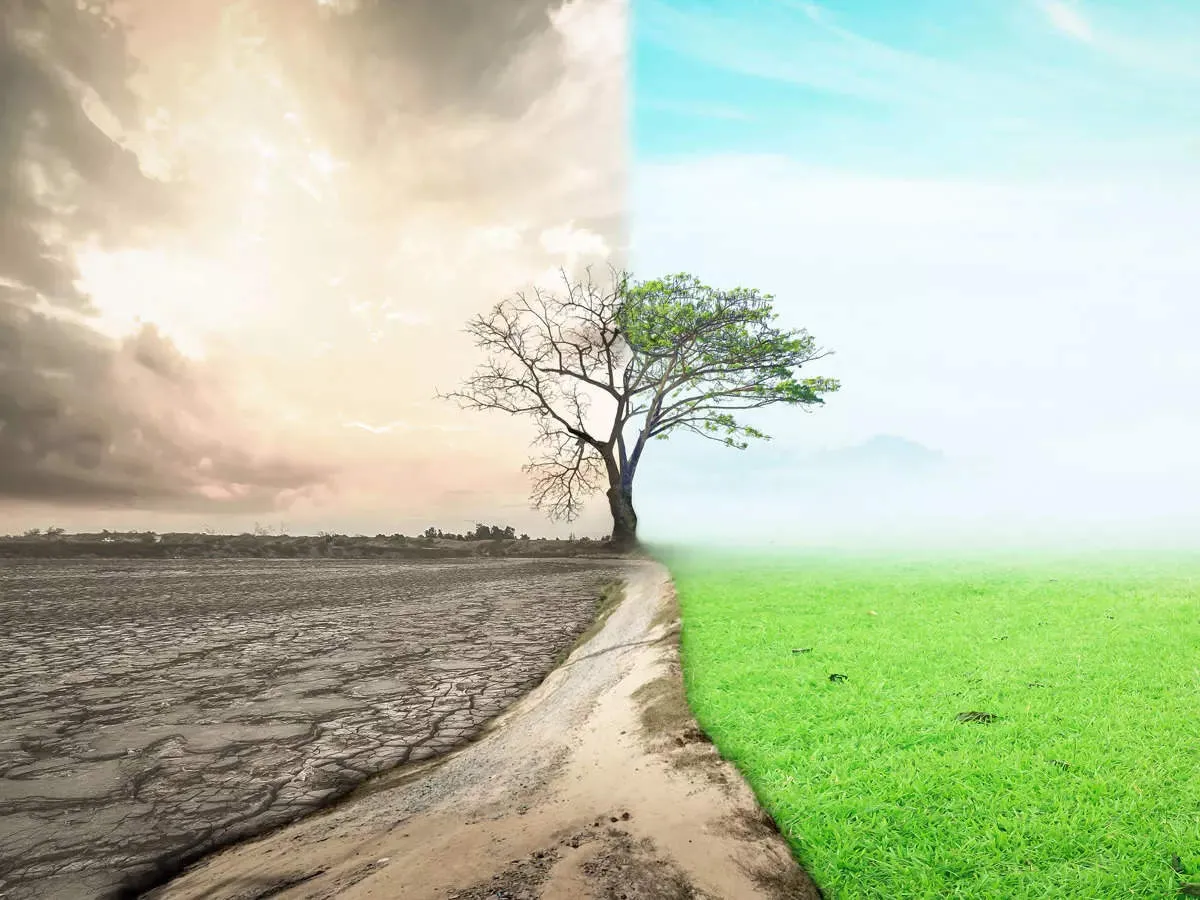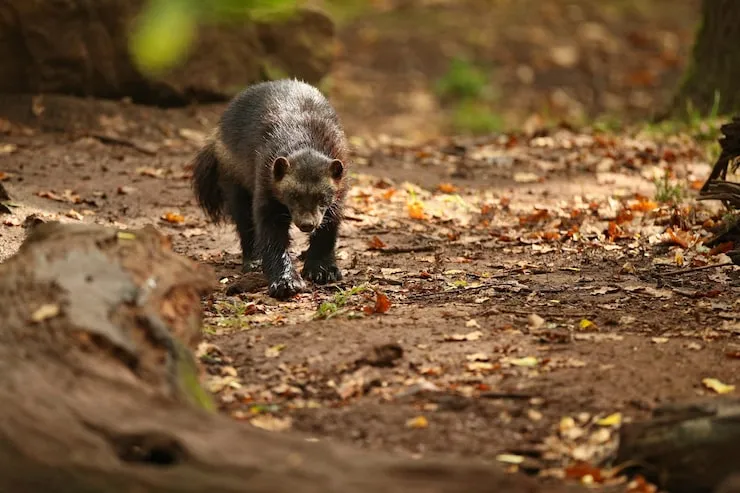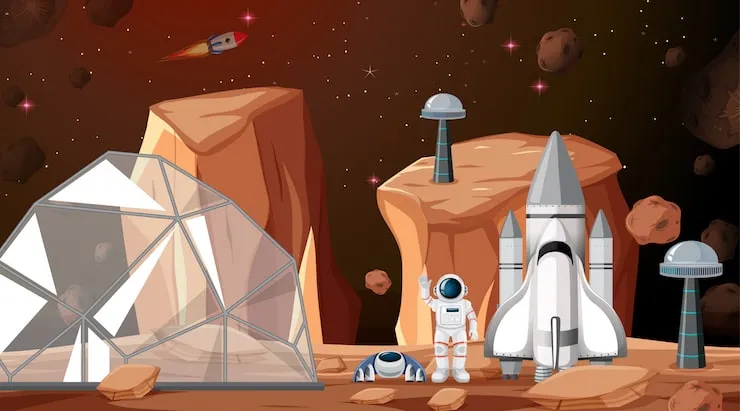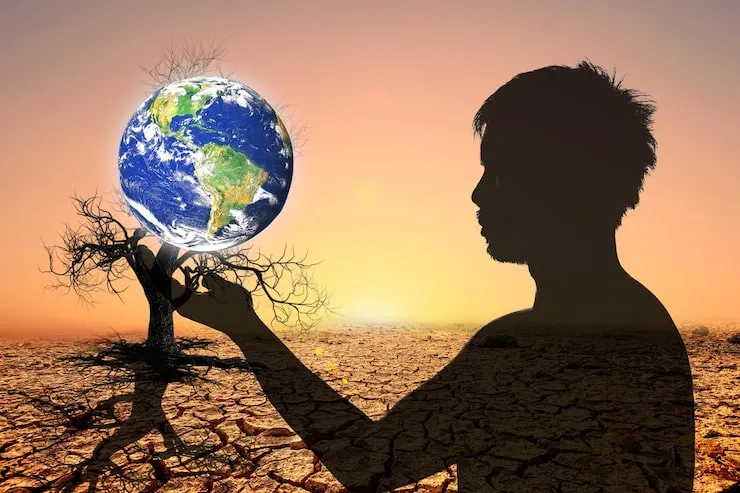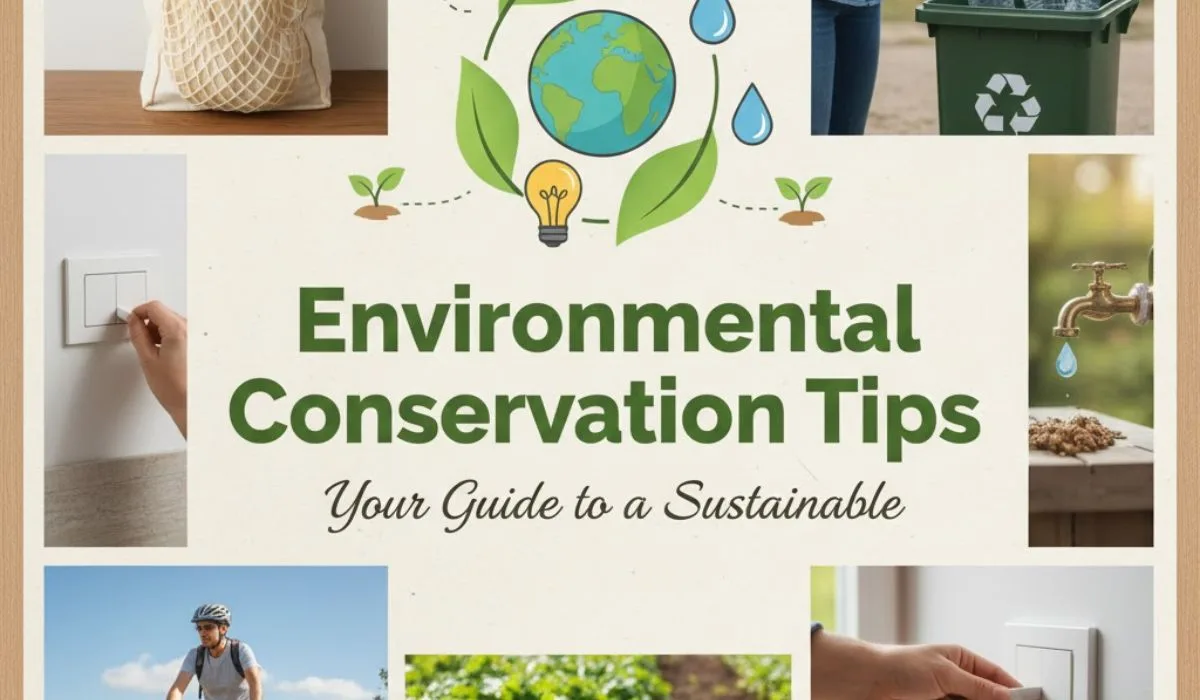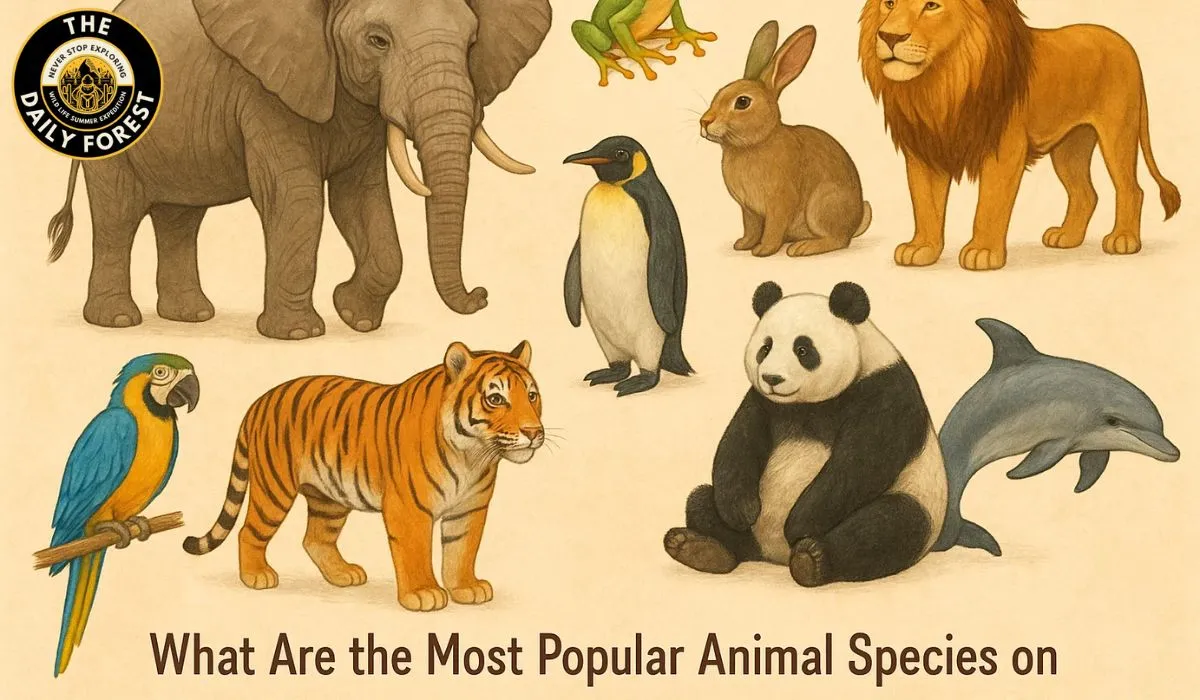The 21st century has brought extraordinary innovative advance, but it has moreover heightens the environmental issue facing the world today. From rising worldwide temperatures to declining biodiversity and plastic-choked seas, the planet is confronting mounting environmental challenges. These issues are not isolated—they are interconnected, worldwide, and urgent.
As our climate and biological systems reach basic tipping focuses, understanding the most squeezing natural issues is fundamental. This direct diagrams the key issues and investigates significant arrangements for governments, businesses, and people alike.
Why Environmental Concerns Are More Important Than Ever
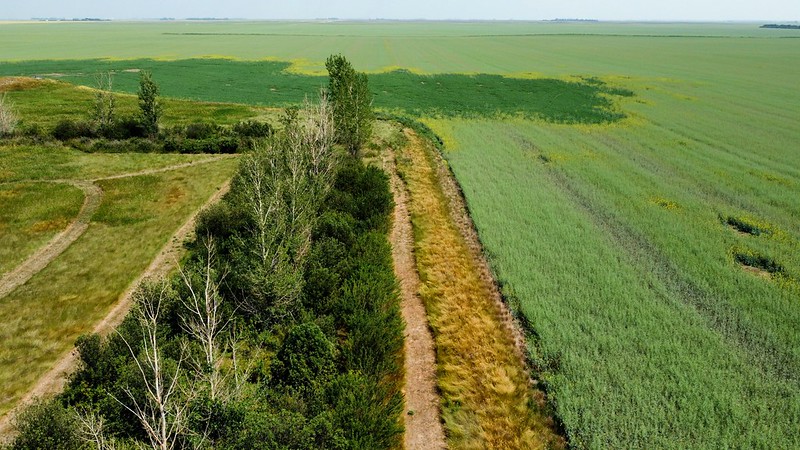
Environmental debasement straightforwardly influences human wellbeing, nourishment frameworks, financial solidness, and the survival of incalculable species. Agreeing to the Between time Board on Climate Alter (IPCC), if worldwide warming surpasses 1.5°C, we hazard irreversible harm to our planet.
That’s why tending to the environmental issue facing the world today isn't fair an environmentalist's concern—it's a human survival imperative.
1. Climate Alter and Worldwide Warming
Climate alter is the most pressing and broadly recognized environmental issue facing the world today. Driven by nursery gas emanations from burning fossil powers, agribusiness, and deforestation, Earth’s normal temperature is rising at an disturbing rate.
Key Impacts:
- Melting ice sheets and rising ocean levels
- More visit and serious heatwaves, typhoons, and floods
- Disruption of environments and relocation patterns
- Agricultural insecurity driving to nourishment shortages
Solutions:
- Transitioning to renewable vitality (sun based, wind, hydro)
- Carbon counterbalanced programs and reforestation
- Phasing out fossil fuel subsidies
- Sustainable urban arranging and open transport investment
2. Deforestation and Living space Loss
Deforestation, especially in tropical districts like the Amazon and Congo, leads to the annihilation of biodiversity-rich environments and contributes essentially to carbon emissions.
Why It Matters:
- Forests retain CO₂ and direct climate
- Over 80% of earthbound creatures and plants live in forests
- For their survival, indigenous populations rely on timberlands.
Main Causes:
- Logging
- Agriculture (soy, palm oil, cattle grazing)
- Mining and foundation development
Solutions:
- Enforcing anti-deforestation laws
- Supporting eco-friendly and moral supply chains
- Promoting reforestation and afforestation programs
3. Sea Contamination and Marine Degradation
Another major natural issue confronting the world nowadays is the corruption of seas due to contamination, overfishing, and acidification.
The Plastic Crisis:
- 8 million metric tons of plastic enter seas each year
- Microplastics are found in angle, ocean salt, and indeed human blood
Additional Issues:
- Coral reef dying from rising ocean temperatures
- Overfishing driving to the collapse of marine populations
- Oil spills and chemical runoff from industries
Solutions:
- Banning single-use plastics
- Supporting marine-protected zones (MPAs)
- Sustainable angling hones and regulation
4. Discuss Pollution
According to the World Health Organization, air pollution is a silent killer that can kill over 7 million people annually.
Common Pollutants:
- PM2.5 and PM10 (fine particulate matter)
- Nitrogen dioxide (NO₂)
- Sulfur dioxide (SO₂)
- Ground-level ozone (O₃)
Major Sources:
- Industrial emissions
- Vehicle exhaust
- Burning of biomass and fossil fuels
Solutions:
- Clean vitality transitions
- Electric vehicles and moved forward open transport
- Urban green zones and discuss quality monitoring
5. Water Shortage and Pollution
Clean water is a fundamental human right, however billions endure from water shortage or get to to sullied water.
Key Issues:
- Contamination from mechanical squander, horticulture, and sewage
- Overuse of freshwater in cultivating and industry
- Depletion of aquifers and contracting rivers/lakes
Consequences:
- Health dangers counting waterborne diseases
- Impact on horticulture and nourishment security
- Conflict over shared water resources
Solutions:
- Water preservation innovations (dribble water system, greywater recycling)
- Investment in water treatment and sanitation
- Public mindfulness campaigns
6. Misfortune of Biodiversity

One of the less unmistakable but profoundly basic environmental issue facing the world today is biodiversity misfortune. Researchers assess that species are vanishing at 1,000 times the characteristic termination rate.
Causes:
- Habitat destruction
- Poaching and natural life trade
- Pollution and intrusive species
- Climate change
Why It Matters:
Biodiversity underpins environments that give nourishment, pharmaceutical, and clean air
Loss of pollinators debilitates worldwide nourishment production
Solutions:
- Enforcing anti-poaching laws
- Supporting natural life preservation efforts
- Protecting imperiled habitats
7. Abuse of Normal Resources
From fossil fills to freshwater, the world is devouring assets quicker than the Soil can renew them.
Ecological Overshoot:
According to Soil Overshoot Day, we devour 1.75 Earths’ worth of assets annually.
Impacts:
- Soil degradation
- Resource conflicts
- Ecosystem collapse
Solutions:
- Promoting circular economy models
- Sustainable utilization and green manufacturing
- Shifting to renewable vitality and biodegradable materials
Read More:- Which Pollution Types Contain Smog and CFCs
8. Squander Administration Crisis
Improper squander administration, particularly in urban ranges, is a developing natural concern.
Types of Waste:
- Plastic and non-biodegradable waste
- E-waste (electronics)
- Medical and perilous waste
Challenges:
- Limited reusing infrastructure
- Overflowing landfills
- Environmental contamination
Solutions:
- Waste isolation at source
- Investing in waste-to-energy technologies
- National reusing programs and incentives
The Part of Instruction and Policy
Long-term arrangements to the natural issues confronting the world nowadays depend intensely on open mindfulness and arrangement enforcement.
Government Responsibilities:
- Implementing universal natural assentions (e.g., Paris Agreement)
- Enforcing natural laws
- Investing in green infrastructure
Education's Impact:
- Encourages eco-conscious behavior
- Trains the following era of supportability leaders
- Promotes advancement in clean technology
What You Can Do: Little Changes, Enormous Impact
Everyone has a part in tackling natural issues. Here are a few person activities you can take:
- Reduce single-use plastic and carry reusable bags/bottles
- Eat more plant-based meals
- Use energy-efficient appliances
- Walk, bicycle, or utilize open transport
- Support eco-conscious brands and organizations
- Educate others and raise mindfulness on social platforms
Conclusion:
The environmental issue facing the world today are complex and profoundly interlinked, but they are not unfavorably. With collective willpower—from governments, businesses, and individuals—we can move toward a cleaner, greener, and more fair world.
Every activity checks. Whether it’s choosing to reuse, supporting clean vitality, or teaching others, your day by day choices offer assistance shape the planet’s future. The time to act is not tomorrow. It’s nowadays.
Faqs
Q: What are the major natural issues confronting the world today?
The greatest natural issues incorporate climate alter, deforestation, discuss and water contamination, biodiversity misfortune, sea contamination, and overconsumption of normal assets. These issues are interconnected and influence environments globally.
Q: How does climate alter affect the environment?
Climate alter leads to rising worldwide temperatures, extraordinary climate occasions, softening ice caps, sea-level rise, and disturbances in environments. It is essentially caused by nursery gas emanations from human activities.
Q: Why is deforestation a genuine natural problem?
Deforestation contributes to carbon emanations, annihilates natural life living spaces, and diminishes biodiversity. Woodlands moreover play a pivotal part in controlling the Earth's climate and water cycle.
Q: What can people do to offer assistance unravel natural problems?
Individuals can diminish their carbon impression by utilizing less plastic, preserving water and vitality, receiving economical transportation, reusing, and supporting eco-friendly items and policies.
Q: How does contamination influence human wellbeing and the planet?
Pollution—whether discuss, water, or soil—can cause respiratory infections, sully drinking water, harm biological systems, and hurt marine life. Long-term introduction to poisons postures serious wellbeing dangers for people and natural life alike.

